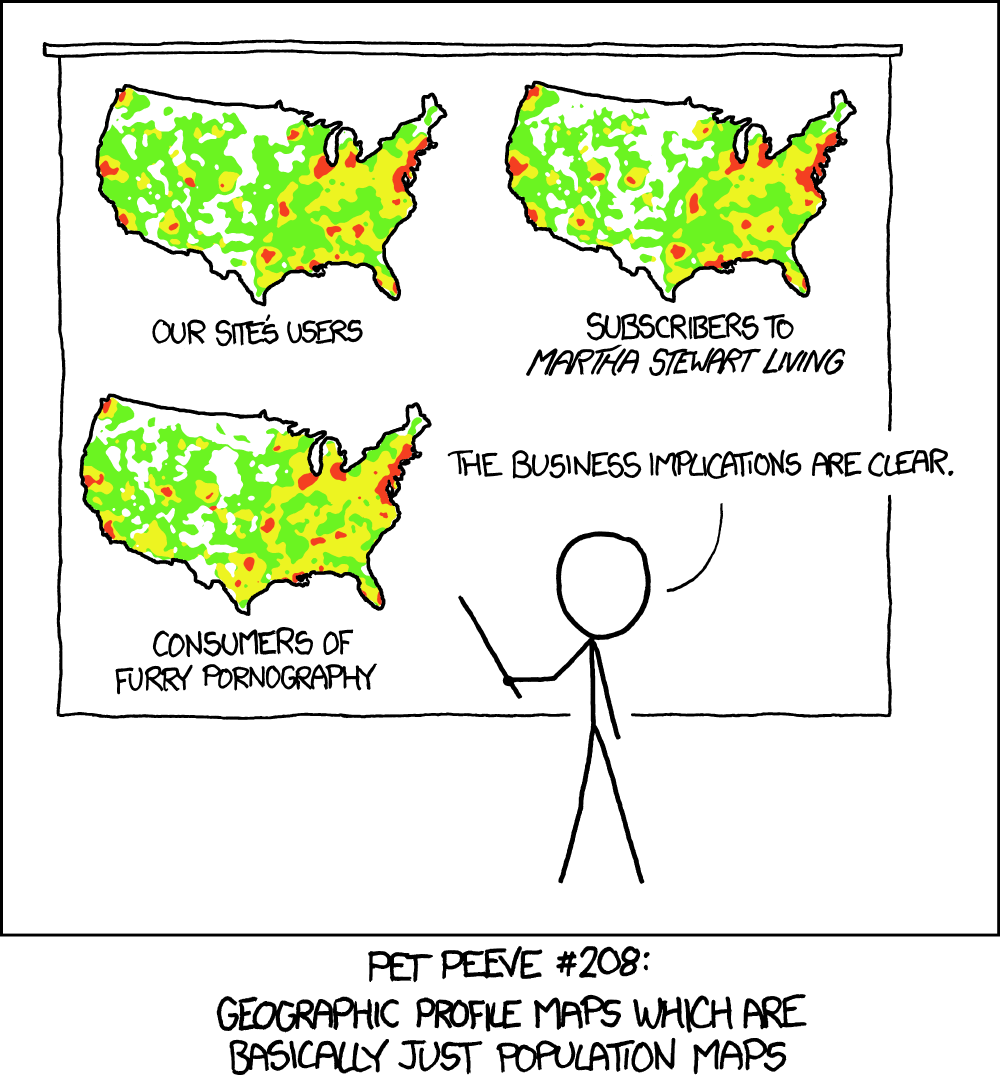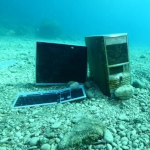Questionable if this is only about movies, and not about any Bittorrent traffic.
Removed by mod
Exactly what I was thinking. A pirate in the west doesn’t stay a pirate for long without one.
Don’t need a VPN in my country.
They cannot prove who is behind the screen, so they cannot catch me even if they got my IP.
Maybe it is enough for a search warrant… Keep save ❤️
In (some) parts (of the northern hemisphere) in the west
While absence of China in Top 10 may be somehow explained by The Great Firewall, the absence of India, Turkey and Russia is totally implausible. Or they might be scanning only torrents of movies with English audio.
Most of the Indians use telegram these days.
Most Indians don’t know about Torrent and Piracy. hell if you tell an Indian they are pirating they would say “what is pirating? we are just downloading movies from Google!”
on the other hand there are tamilrockers and tamilyogi
The Great Firewall can’t block torrenting, especially not within the country itself. It’s a decentralised protocol though, so trying to block every non-chinese seeder without blocking the wider internet itself would be just a game of whack-a-mole. I also don’t think it’s as simple as just English audio, but English sites. Russia absolutely has a bunch of super specific .ru sites for torrenting. Generally the best place to find patches for pirated video games. I could imagine it might be similar for the Chinese scene.
As well, even for English audio stuff, I bet they’d get reuploaded with subtitles added a lot to sites in places like Russia.
very inaccurate measure for piracy. for countries with average low uplink speeds most of them use hosting sites rather than torrent. this is basically a map of how good your internet quality of service is times your population.
It’s probably a map of where VPN servers are located mixed with countries that don’t persue copyright violations. And not necessarily where the users are located.
Are VPNs seriously that prevalent? In Australia, most internet providers aren’t also owned by media companies. So many have clearly stated policies that they will not pass your information on. Mine does, so I don’t bother with a VPN, there’s no reason too.
I know this is very much a tangent but honestly VPNs feel like a massive scam that everyone in the piracy community at large keeps perpetuating. Like, I’m pirating more content than I ever have because of subscription services, so I’m not gonna sign up for the extra special piracy subscription just because? And if I actually want privacy and anonymity while browsing I would, and do, just use tor.
Tor has massive issues with torrent traffic. Don’t do torrent over TOR.
Internet service providers don’t directly rat you out. The way it works is: Some (shady) companies watch torrent traffic for the copyright holders, and log the IP addresses. If it’s a residential address and from a country they can pursue in, they file a court case. The judge then decides and sends a letter to the internet service provider. The ISP then is obliged to tell the court. It’s a lawful request by a court. And then they get you.
Sometimes they can also take some shortcuts for a action for injunction(?). (I’m not sure if that’s the correct term.) At least that’s what they commonly do in Germany, where I live.
I’m not sure how law works in Australia. But where I live, it’s pretty uncommon to pirate content via bittorrent without a VPN. There is a good chance you’ll one day get an uncomfortable letter in the mail, if you push it.
I was not, at all, suggesting to torrent over tor. Like I said, I don’t need to obfuscate my torrent traffic. I use tor for private browsing, which is the other major thing VPNs advertise themselves on.
In Australia, there is legal precedent that courts won’t make these judgments anymore. American media companies, in the past, were granted these orders. However, they would then go off and commit actions that are illegal here, like sending coercive letters saying stuff like “Pay us $25 or we’ll sue you”. But sending it to a few thousand people and hoping enough pay, that it will recover your costs. The case was involving Dallas Buyer’s Club. I actually got a letter, well my mum, when I was still living at home ~11 years ago.
I’m pretty sure they’re still allowed to ask your ISP nicely. Mine refuses those requests. This also isn’t my take on all of this, I followed the case back in the day on the Whirlpool forums.
I’m pretty sure most (all?) ISPs in Europe refuse nice requests. We have some data/privacy protection laws (GDPR …) and it’d be illegal for them to just hand out your address. But as a company they have to comply with law, so that’s why they need involve a judge. I think the courts also don’t like to do this kind of work.
In the good old times some of our providers solved the issue by not logging IP addresses. So they’d be ordered by the court to say who did it, and they’d rightully say they don’t have logs and don’t know. But as far as I know that’s a thing of the past. Some politicians regularly push for more surveillance. They start an argument every year or so, claiming online child abuse and pushing for more surveillance. I think as of now most providers keep logs, at least for some time.
The situation depends on the European country, however. Some don’t really pursue copyright violations. And we’re in a similar situation to Australia in that it’s a civil matter and not any crime. I’m not sure how it is in the USA. They famously don’t have any strong privacy protection (in most states), so maybe ISPs just hand out info about their customers. I don’t really know.
@princessnorah Romanian here. We’re generally not using VPNs because ISPs do not seem to care that much. Even so, there is a popular private tracker (I won’t advertise it here) which has pretty much all you need, especially movies and popular software. If you use that one, you can be 100% sure nothing will happen to you.
Edit: we also have non-permanent IP addresses by default, so if anything, I can just restart my router, and I am assigned a new one.
A per capita map would also be nice.
Ot is relevant so often 😂
Absolutely. Make one?
No u
Inaccurate because vpns
Cool, completely useless map that only shows population distribution 👌
Eeeeh, yes and no. Selective population distribution maybe. Just look at Africa or India.
Looks very inaccurate with russia being so under represented
I think Russians use DC++ or something else.
No, I can assure you russian people use torrents
And you want to use VPN for anything online in Russia. Especially now with the youtube “block”
Why is Russia black here?
I would guess the map of IMBD voters would look similar.
And the map if beer drinkers, of smokers, of males, of people with pets etc. All would look like this. This is just a map, which shows where most people live.
Memes aside, global population density maps look substantially different.
🙏🏻
When the resolution of so low you can’t find your own country
The UK is holding it down on a per landmass basis.
VPN exit nodes ?
Aka VPN servers
Why would so many be in the States?
Whichever in my vpn is connected?
Here’s the context on how the data was gathered https://www.ubaada.com/post/9be82972
















